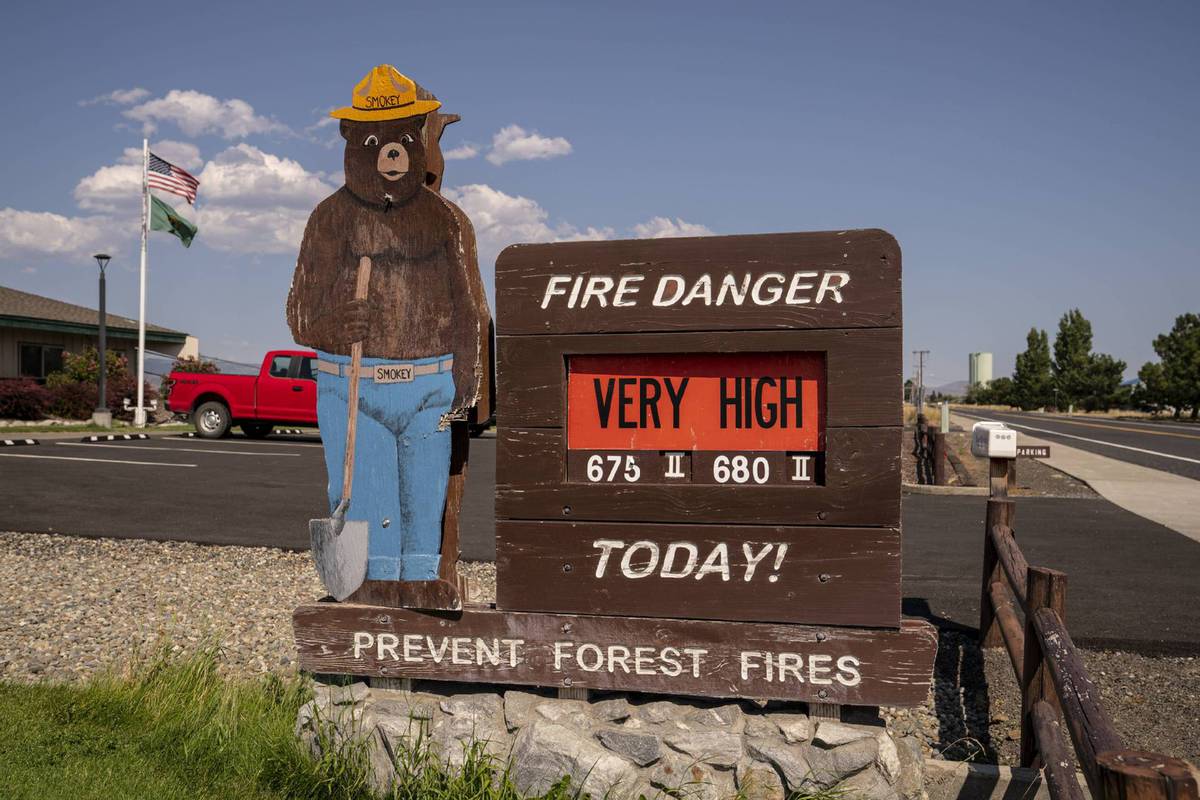Scorching heat waves show need for strong global action


For the first time ever, a heat wave has been given an official name, and that's a bad sign for the world.
Until recently, only hurricanes and typhoons had names. But now the Spanish city of Seville has developed a naming and ranking system for heat waves, and it named the first one "Zoe". In the past week, Zoe hit the top tier in the ranks when the temperature hit 43 C.
This is Europe's fourth major heat wave this summer, as temperatures broke one record after another across Spain and in Italy, Greece, Germany and other countries. Across most of Western Europe, the mercury topped 40 C at one point or another in the past couple of weeks. In Portugal, there were reports of the heat melting road surfaces.
Sadly, this is not an isolated bout of extreme heat. Tens of thousands of people in Europe also were hit by heat waves in 2003, 2006, 2010, 2015, 2018,2019 and 2020. But the torrid spells this year are worse and are popping up around the world.
On the other side of the Atlantic Ocean, close to 120 million people in the United States are living under a heat alert.
The US National Weather Service has said that more than 60 temperature records have been set. More heat-along with wildfires, storms and floods-are also expected. Across the US, there are 85 major wildfires burning in 13 states on more than 12,000 square kilometers of land.
To the north, parts of Canada are also suffering from heat waves, although the wildfire season there has been milder than usual.
Farther west, across the Pacific Ocean, China's southern metropolis of Guangzhou, Guangdong province, is battling its longest heat wave since 1951, and temperatures topped 41 C in Fuzhou, Fujian province. More than 900 million people are living under a heat warning of some kind.
Sadly, as the world gets hotter, there are still too many opponents of efforts to tackle climate change.
Perhaps the most visible example of unwillingness to do anything about the issue is the US, which continues to dillydally with federal legislation to address the issue.
On July 27, there was news that a deal might have finally been struck to move forward with some parts of a climate policy, but whatever it turns out to be, there is little doubt it will be a much watered down version.
As things stand today, the US is unlikely to meet carbon reduction targets over the next few decades. On the contrary, the US Supreme Court decision on June 30 restricting federal regulation of carbon emissions from power plants made the nation's climate change fight harder.
In short, not enough is being done in the US to help the world become cooler, or even to slow down the warming.
Analysis released in mid-July by researchers at Dartmouth College determined that the US, the largest historical emitter of greenhouse gases, has caused $1.9 trillion in damage to other countries since 1990 through its emissions. Other big countries are also in the top five, but the US accounts for about a third of the total damage.
In the Southern Hemisphere, which is in the middle of winter, there are also countries not doing enough to limit greenhouse gas emissions.
Brazil, for instance, has had a decidedly mixed approach to climate change. On the one hand, a federal decree in May set up a national system to reduce greenhouse gas emissions and mitigate climate change. But on the other hand, the country's carbon market has been criticized for driving up the prices for credits while failing to reduce emissions. Deforestation of the all-important Amazon rainforest, a key carbon sink for the world, hit a record high during the first half of 2022.
Market-based incentives to reduce emissions have emerged and are having a strong impact. Electric cars, cleaner appliances, solar and wind power, and energy-efficient houses and buildings will all help. But these market-driven efforts are not enough. More policy efforts are necessary.
The author is managing director of Bahati, an editorial services agency based in Hong Kong.

































